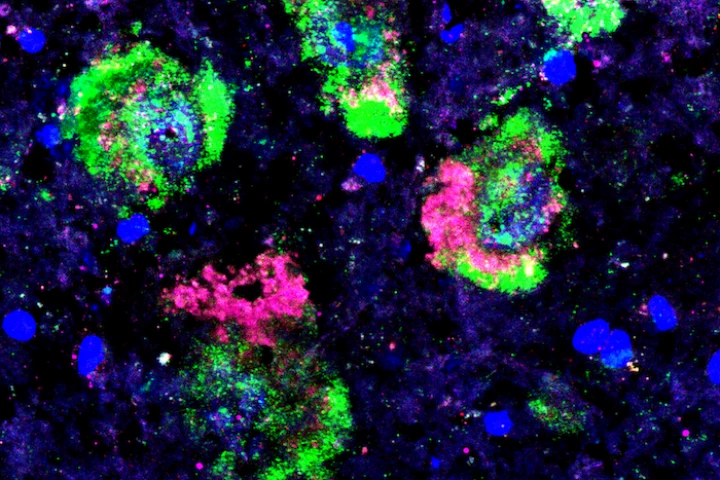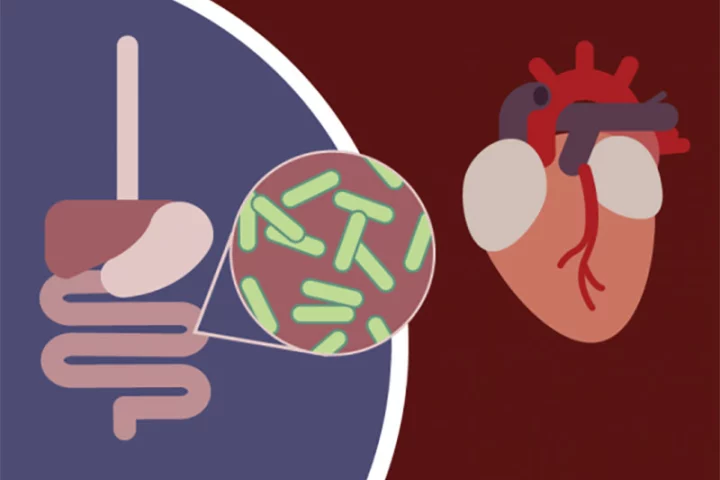Broad Institute
-
CRISPR systems are powerful tools for genetic engineering, but they have their limitations. Now, scientists have discovered almost 200 new CRISPR systems in bacteria, and found that some can edit human cells even more precisely than existing ones.
-
A groundbreaking project has seen hundreds of scientists across the world uncover many mysteries of the evolution of mammals, work that may help us understand why humans are unique and what genetic changes may be key to some of our unique diseases.
-
The results of the world's largest ever gene study have revealed almost all the genetic variants that influence a person's height. The study analyzed DNA from five million people and homed in on 12,000 variants that play a role in how tall we are.
-
Scientists probing the biological underpinnings of Parkinson's disease have made an important discovery, shedding new light on the demise of cells that drives neurodegeneration linked to the condition.
-
A fascinating new study has provided compelling evidence that all is not what it seems when it comes to stereotypes around modern day dog breeds and certain behaviors, finding modern breed classification has only a small influence on behavior.
-
A new study, led by researchers at the Broad Institute of MIT and Harvard, is shedding light on a century-old mystery. The study describes how bacteria in the gut can metabolize cholesterol at levels high enough to improve a person’s cardiac health.
-
Researchers at the Broad Institute have solved a molecular mystery that might lead to new treatments for cancer. The team has uncovered just how a strange molecule works to kill cancer by inducing a little-known type of cell death.
-
CRISPR is a powerful gene-editing tool – but it has its own problems too. Now, Harvard and MIT scientists have created a new approach called prime editing, which could correct almost 90 percent of disease-causing genes.
-
A completely new category of microscopy has been invented by researchers in the US. Dubbed DNA microscopy, the technique tags RNA molecules with a range of DNA "barcodes" which in turn flag the identity and location of the molecules, even when they're stacked on top of each other.
-
New work from the Broad Institute and Brigham and Women's Hospital has presented a study that homes in on small molecules that may have the ability to safely block the CRISPR gene editing process.









